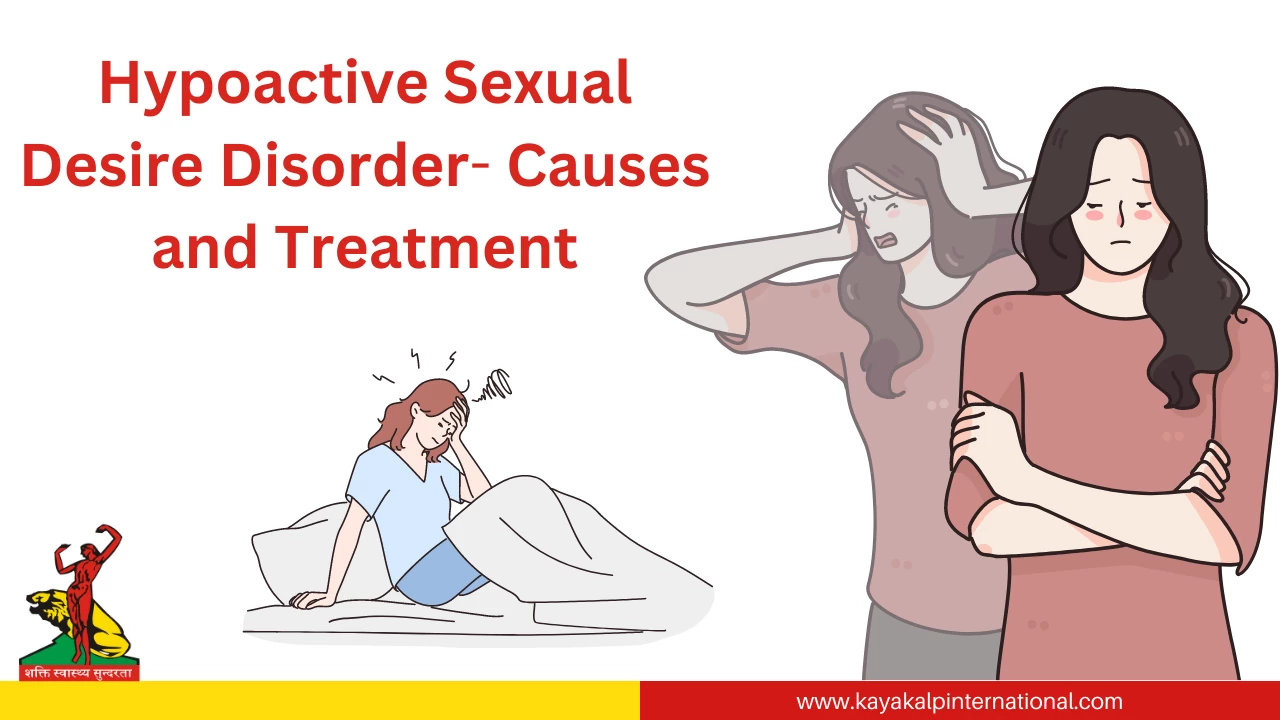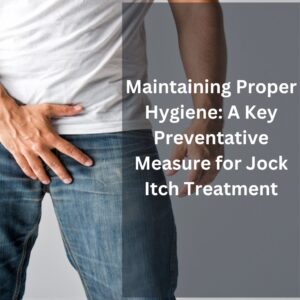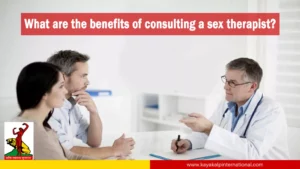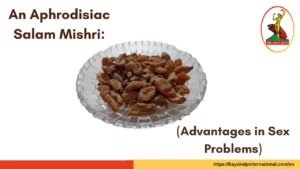What is Hypoactive Sexual Desire Disorder?
Intro- Hypoactive sexual desire disorder (HSDD) is a type of sexual dysfunction that can prevent someone from experiencing sexual satisfaction. It is also called HSDD — is when you’re not interested in sex (have no sex drive or a low sex drive), and it bothers you. It’s one of the most common sexual problems that people have.
Some people experience lifelong hypoactive sexual desire disorder and for others it may happen later in life, even if they previously had a healthy and fulfilling sex life. Though it can happen to anyone, Hypoactive sexual desire disorder is especially common in females, occurring up to one-third of adult women.
People who have hypoactive sexual desire disorder have little or no thoughts or fantasies about sex, don’t respond to their partner’s sexual signals or suggestions, lose desire for sex while having it, or avoid sex all together.
Causes
There are many physical and mental hurdles that can impact sex drive, over time resulting in hypoactive sexual desire disorder. Studies found that sexual dysfunction resulting in hypoactive sexual desire disorder is more prevalent in both women and men who are in poor physical and mental health.
Hormonal Changes
There are also a number of hormonal shifts that can cause hypoactive sexual desire disorderfor women down the line, such as menopause. One study found that low sexual desire ranged from 26.7% in premenopausal women to 52.4% of naturally menopausal women, making the disorder twice as prevalent in women once they go through menopause. Other hormonal issues such as pregnancy and breastfeeding may also cause diminished sexual desire which can lead to hypoactive sexual desire disorder.
Certain Medical Conditions- A number of medical conditions can also cause hypoactive sexual desire disorder as a side effect, including:
- Breast cancer
- Diabetes
- Urinary incontinence
- Thyroid disease
- High blood pressure
- Multiple sclerosis
Lifestyle
Your lifestyle may also be a factor in hypoactive sexual desire disorder, particularly if you find yourself extremely fatigued at night after a busy day at work or caring for others like your children or aging parents. And while it’s enjoyable to have a glass of wine at the end of the day, too much alcohol at night can impact your sex drive, as well as smoking which can decrease blood flow and cause you not to feel as aroused.
Mental health
Your overall mental health and the health of your relationship can be a cause of hypoactive sexual desire disorder. Anxiety, depression, body image issues, as well as previous sexual abuse or poor sexual experiences all play a part in your sex drive.
Lack of communication
Communication issues or disconnect with your partner can also cause your libido to wane, and if these issues aren’t being actively worked on together through; over time hypoactive sexual desire disorder can evolve from them.
Other causes
Medical problems like cancer, diabetes, heart problems, multiple sclerosis, or bladder problems. Medicines like antidepressants, blood pressure medicines, chemotherapy, and feminizing hormone therapy.
Symptoms of Hypoactive sexual desire disorder
Symptoms of hypoactive sexual desire disorder are what set it apart from simply experiencing low libido. The symptoms may also include:
- A loss of interest in sex and sexual activities
- Being unresponsive to sexual stimulation, either visual or physical
- Feeling significantly distressed about your loss of interest in sexual activity
- Experiencing symptoms of a loss of desire in sex for at least six months
- Not experiencing spontaneous desire
Treatment of Hypoactive sexual desire disorder
Hypoactive sexual desire disorder can be a frustrating and distressing condition. The good news is that it can be treated. The type of treatment you receive will depend on what other external factors have triggered and caused your Hypoactive sexual desire disorder. It may also be recommended that you receive multiple forms of treatment, such as counseling and medication.
Medication
There are several medications prescribed for the treatment of hypoactive sexual desire disorder today. Some of the most common include:
- Addyi: In 2015, the FDA approved Addyi, also known as flibanserin, specifically for treating hypoactive sexual desire disorder.
- Buspirone: This is a drug formulated for the treatment of anxiety disorders. It’s also prescribed off-label for the treatment of hypoactive sexual desire disorder.
- Bupropion: Bupropion is an anti-depressant that can also be used for the treatment of hypoactive sexual desire disorder.
- Testosterone: Testosterone is also sometimes prescribed for perimenopausal and menopausal women. Testosterone works by balancing the reproductive hormones in your body which typically control your sexual desire.
- Vyleesi: Vyleesi is another medication specifically formulated for the treatment of hypoactive sexual desire disorderin premenopausal women. It was approved by the U.S. Food and Drug Administration (FDA) in 2019.
Hormone therapy
If your hypoactive sexual desire disorder is a result of vaginal dryness or pain, your healthcare provider may recommend estrogen in order to be more comfortable having sex which in turn could reverse symptoms of Hypoactive sexual desire disorder.
Psychotherapy
The aim of psychotherapy is to treat the underlying cause of your diminished sexual desire. Sex therapy is the most common form of psychotherapy used for treating hypoactive sexual desire disorder.
Lifestyle changes
Your healthcare provider will likely recommend a number of lifestyle changes to make in addition to other treatment options in order to help boost your libido long-term. This can include establishing a consistent exercise routine, providing you tools to help cope with stress, quitting smoking and drinking less alcohol, as well as communicating and setting aside intimate time to spend with your partner.
Tips to help increase your sex drive may include:
- Kegel exercises – these can increase blood flow and feeling to your genitals
- Talking with your partner about your likes and dislikes sexually
- Exploring porn (movies, magazines, websites, or other entertainment) that brings you sexual pleasure
- Masturbating, possibly with vibrators or other sex toys if that feels good
- Reducing stress to improve your mood through things like getting more sleep, meditation, and breathing exercises
- Limiting alcohol and stopping smoking and using drugs
- Exercising regularly to improve your mood and give you more energy
- Talking with a counselor who specializes in sex and relationship problems
Conclusion
Dealing with hypoactive sexual desire disorder can be very lonely for both you and your partner. It may cause you to feel frustrated that you don’t feel as aroused as you once used to. Your partner may also feel rejected or undesirable in the relationship. If you’ve been living with it, it’s important to know that it’s not your fault and there’s nothing to be ashamed about. Seeking the appropriate treatment and finding coping mechanisms that work for you will have your sex life back on track in no time.
Call on 9004393978 or fill in this below form to book an appointment with our specialists.




